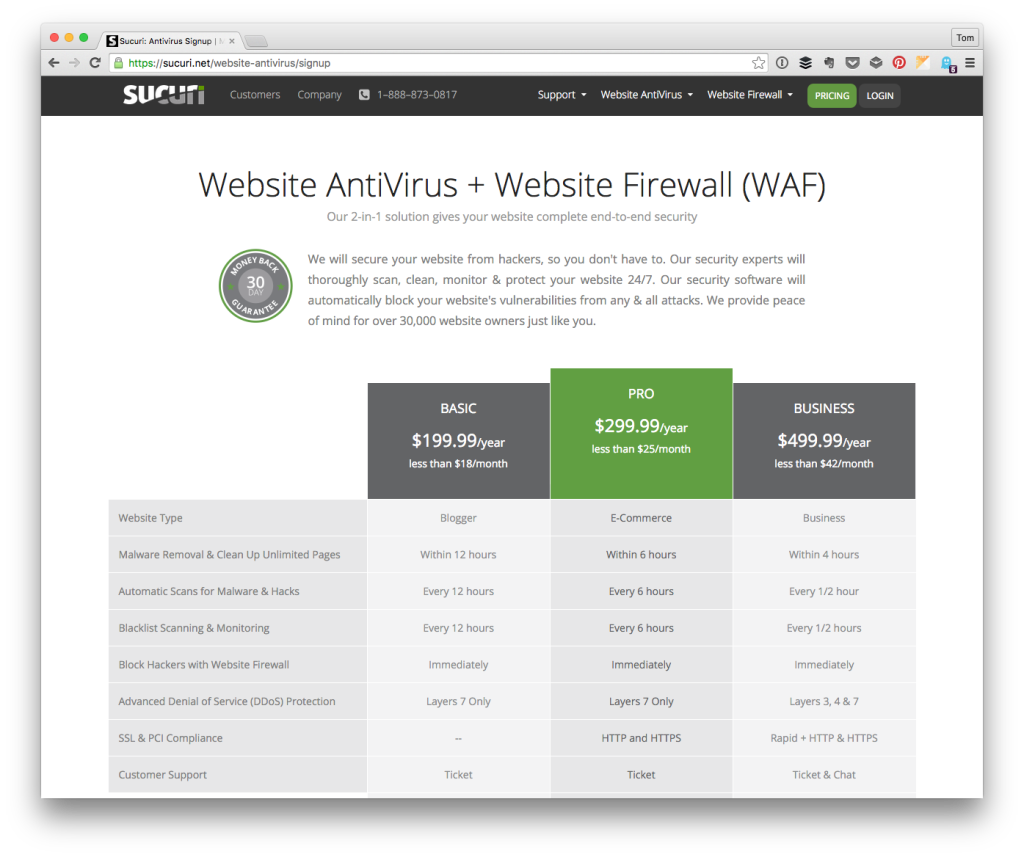A few weeks ago, the WordPress community (and the world) lost an amazing person: Alex King. You can read much more about who he was as well as a round-up of tweets and posts all about him on WP Tavern.

I’m not a fan of trying to summarize a person’s life in a quote or a sentence so I won’t be doing that. Instead, I wanted to highlight that Alex did something that’s been on my mind ever since I first read the post:
One of the things my wife and I are trying to do is put together some information about my career that will hopefully give my 6 year-old daughter a better sense of who I was as an adult. She knows me as “dad”, but when she gets older she’ll be curious about who I was to my peers and colleagues.
Take the time to read the entire post and its feedback, as well.
Whenever we lose people that have made a significant impact on our lives, be it directly or indirectly, it can be a challenge to process it. I don’t think it gets any easier nor do I believe it’s supposed to, either.
With that said, I’ve been thinking about how so many of us are sharing content via our blogs and how this may impact the legacy we leave behind.
In short, what we publish can be come part of our legacy.
Continue reading




